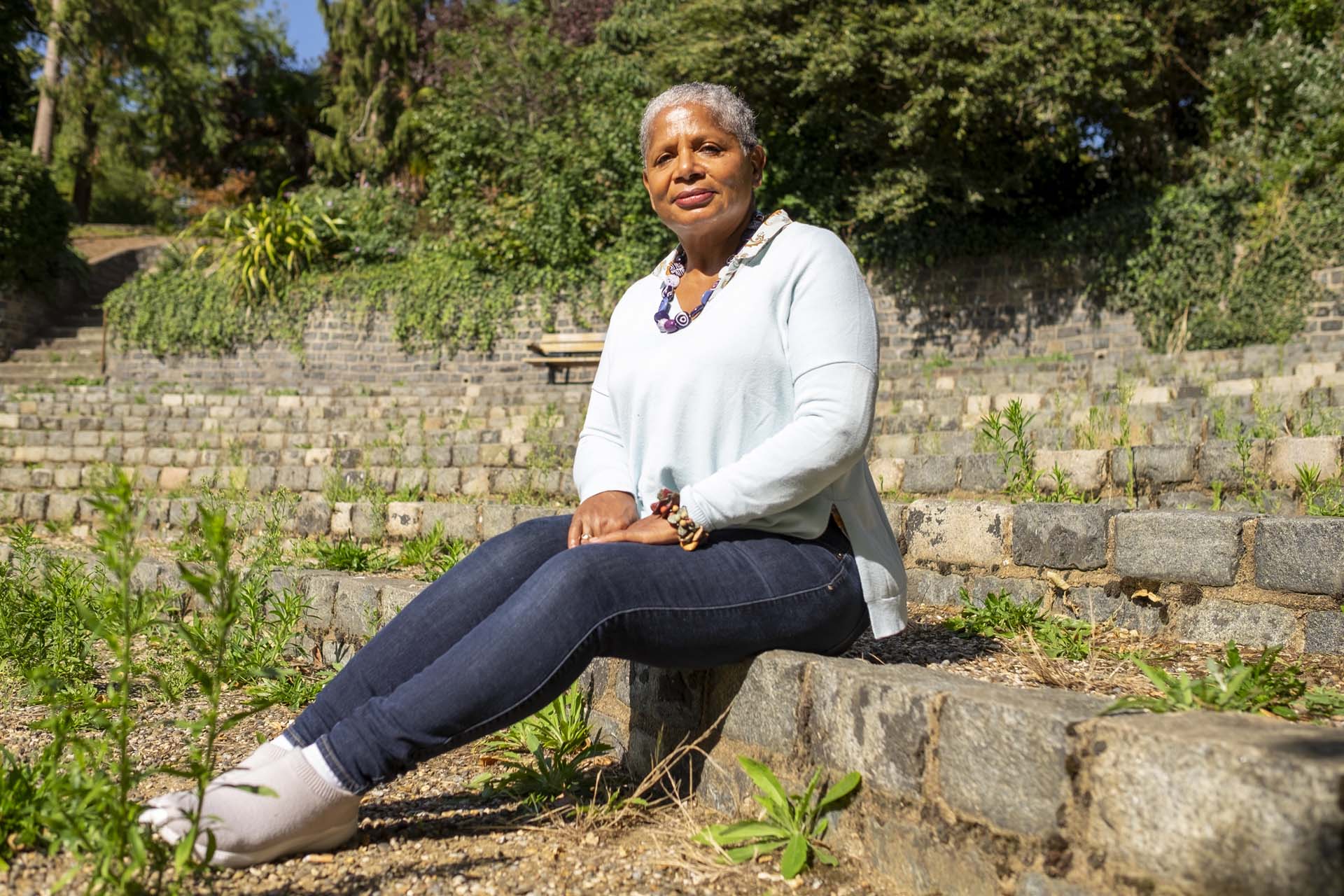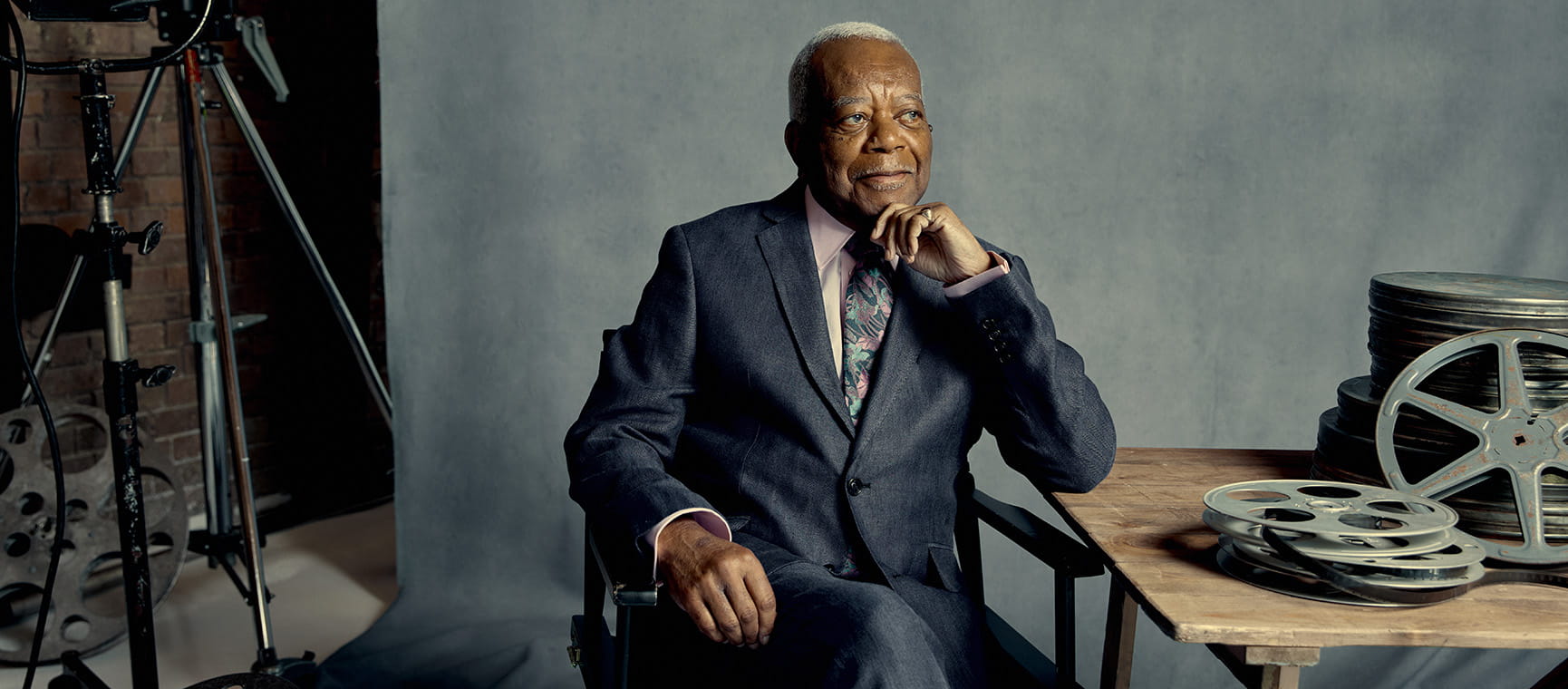

There should be, on the face of it, no comparison between the way Christmas is celebrated in the steaming heat of the West Indies and the way it is in the wintry climes of Europe, where I arrived as a young radio reporter in 1969. But look closely and there are many similarities.
In Trinidad, where I grew up, despite high temperatures of 80°F (27°C) and balmy sea breezes, Christmas trees are everywhere, sprinkled with a liberal dusting of fake snow. High streets are lit up, stalls are decked with elaborate decorations and everywhere Yuletide songs and carols can be heard to celebrate the birth of the Christ child.
I was astonished to discover when I came to London that broadcasters had the same earnest discussions about exactly when it was appropriate to start playing Christmas music.
A day too early would simply not do. And there were identical arguments about whether the Holy season was in danger of being submerged by the less-than sacred campaigns of commercial advertising. However, that is where the similarities end.
Christmases in the Tropics tend to be, as a rule, less contemplative than in Britain. They are noisier.
It is a time for family, of course, but it is also a time for rowdy parties, village games. Friends and neighbours mingle, with barely a complaint about numbers. No matter how many turned up at our house, the drinks cupboard was opened, and my mother made sure the food expanded to fit the numbers.
Rum shops opened their doors and crowds spilled out to sing and dance in the balmy tropical air. There were jamborees in village parks, often on Boxing Day, where highly prized items of food – a large ham, for example – would be attached to the top of slender, rather dangerous looking poles.
Whoever was brave, or foolhardy, enough to climb up could claim their prize. My father was not the climbing type, but he made sure to team up with a group of younger men so we had a chance of winning.
All this was preceded by the giving and receiving of gifts on Christmas Eve. My parents, in truth, were not fans of this aspect – to our eternal disappointment. There was not much money in the house, and they felt the season had become too commercialised.
Neighbours would give their children bicycles as presents, which my three siblings and I looked upon with envy. We would try to persuade our parents to do the same, with little success. I remember a lot of mouth organs.
Maybe there was a cricket bat or football to share; never a bicycle. (I was once in a scholarship class at school and my father promised me a bicycle if I came top of the class five times. I did it three times. No bicycle.)
Much of Christmas Day would be spent outside. After lunch we had trips to the seaside or organised games – often cricket matches.
These distinguished themselves by the fact the food between the innings was always laced with copious amounts of the strongest rum punches ever seen. It is fair to say this did not exactly improve the standard, and to watch cricketers leaving defied description.
It was not unusual for entire teams to descend on someone’s house to begin a new session of parties, which occasionally lasted throughout the night.
Christmases in Britain may be quieter, more formal, but there is one thing that binds together people in the Tropics and those in wintry northern lands.
Yes, it is a time to be joyous, but it’s also a time always, always to remember those far and near who are less fortunate than ourselves.
Sir Trevor McDonald is best known for presenting ITN’s News at Ten, Tonight with Trevor McDonald and documentaries on subjects as varied as Death Row, UK killers and the Caribbean.
He was knighted in 1999 for his services to journalism and has received many awards for his work. He has been named Newscaster of the Year three times and received Honorary Degrees from more than eight Universities.

For over four decades, Saga Magazine has been bringing you inspiring stories, trusted advice, and articles that matter. Now you can enjoy every issue delivered to your door at our lowest-ever price.
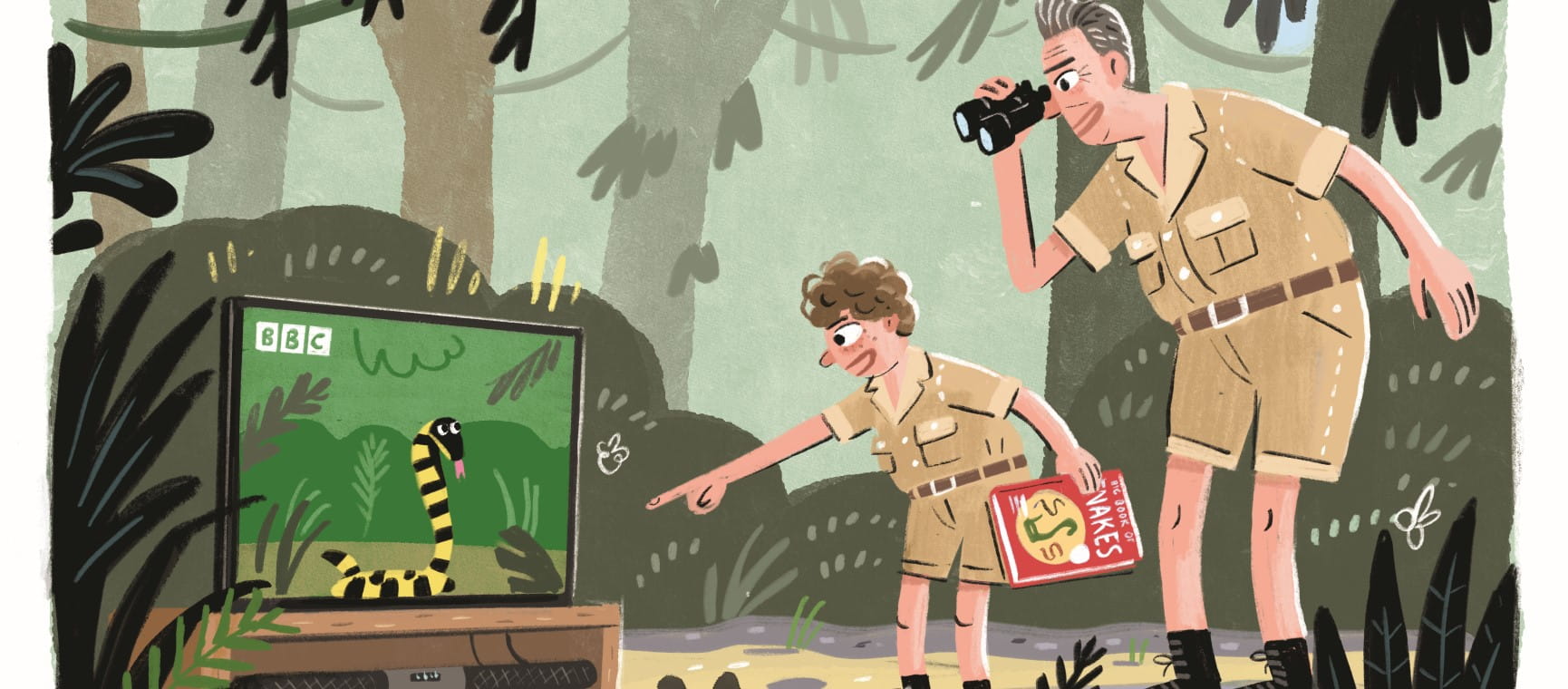
Our columnist wonders whether 24-hour TV is doing our grandchildren more harm than good?


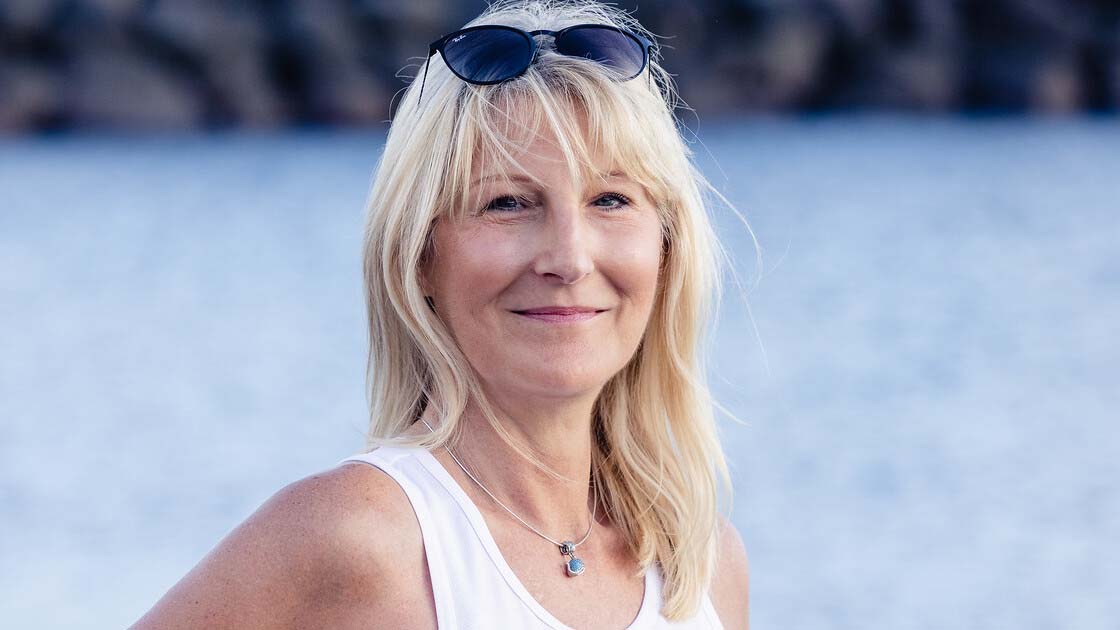
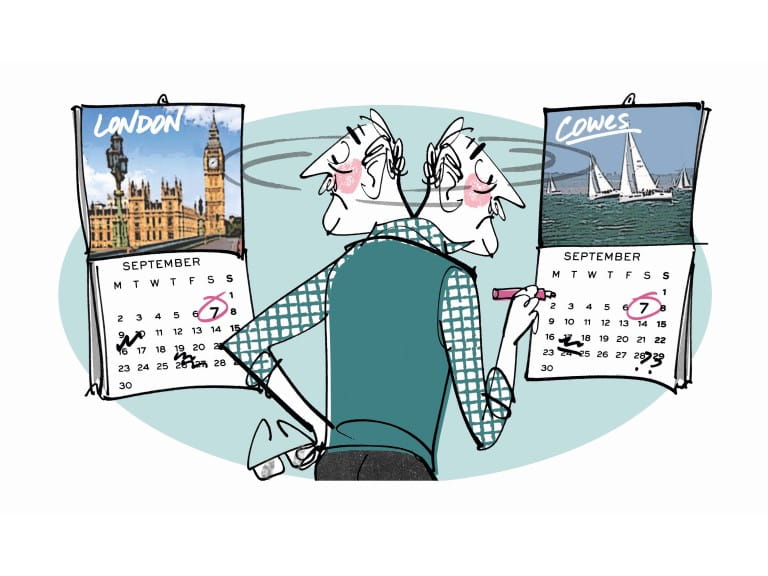


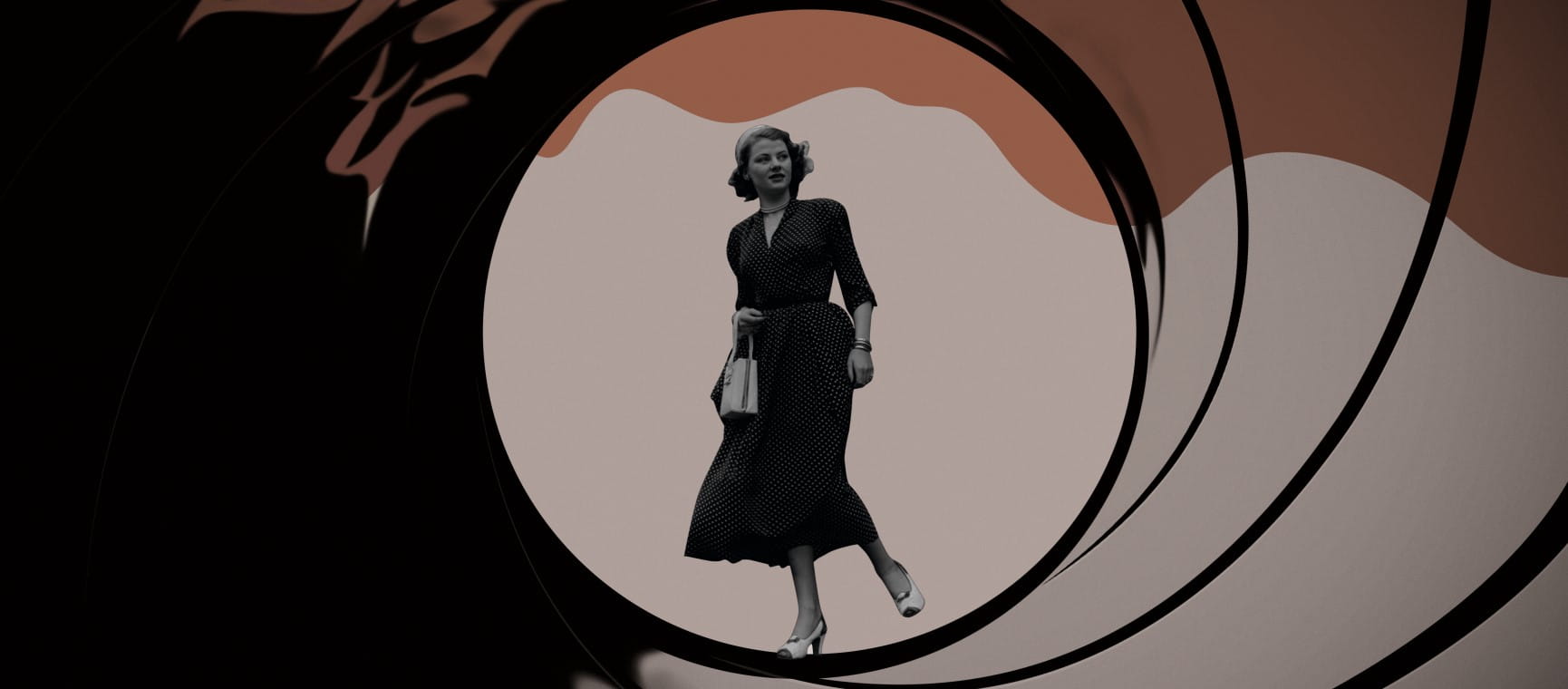
Women in the intelligence services did more than just take notes and chide flirtatious spies - many had real power and ran missions.
